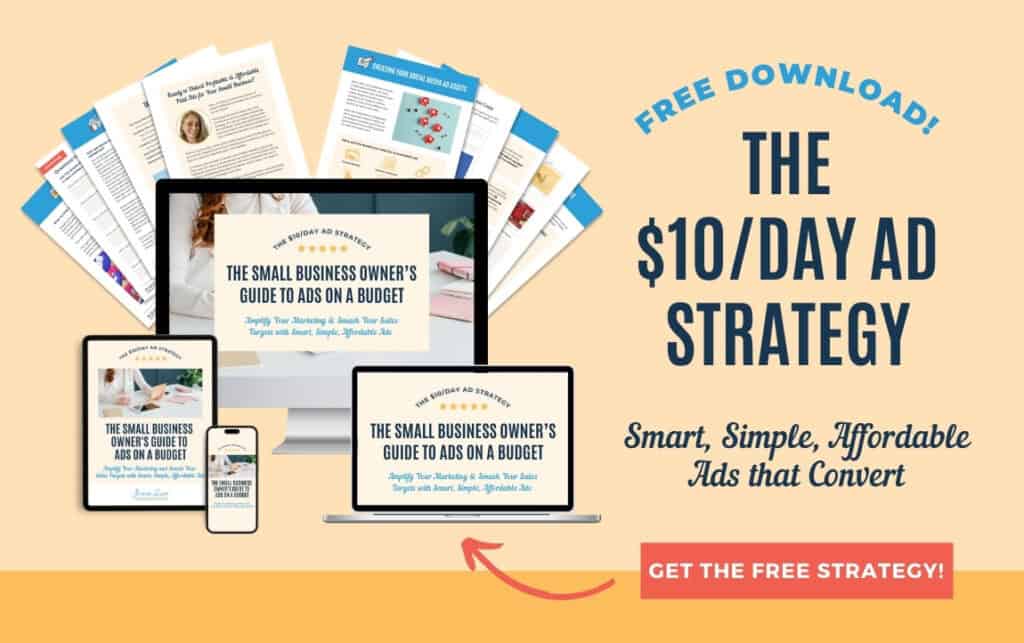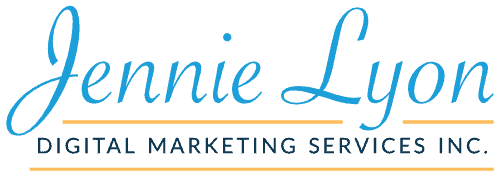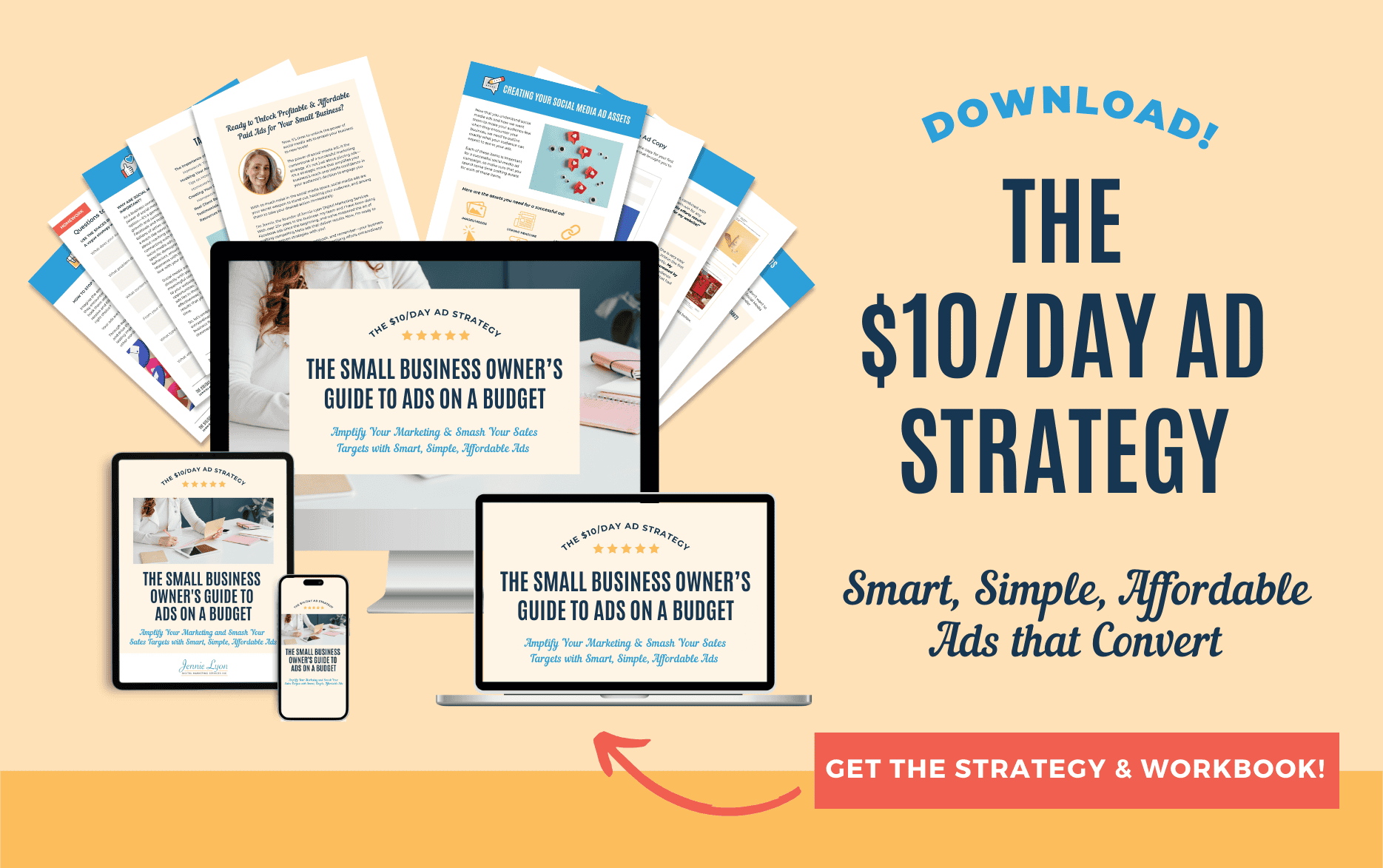Understanding the Difference Between a Marketing Strategy and a Marketing Plan
Hey there, friends! Today, I’m thrilled to discuss one of the most critical topics for any business owner: understanding the difference between a marketing strategy and a marketing plan. These two elements are foundational to any successful marketing effort, and knowing how they complement each other can significantly impact your business’s growth and success. Let’s break it down in detail.
CONTENT OVERVIEW
Marketing Strategy: The Big Picture
Value Proposition
Target Audience
Key Messaging
Long-Term Goals
Competitive Analysis
Market Positioning
Marketing Plan: The Roadmap
Marketing Campaigns
Timelines and Milestones
Budget Allocation
Marketing Channels
Content Calendar
Key Performance Indicators
Why a Marketing Strategy and Marketing Plan are Both Essential
Alignment and Focus
Integration and Adaption
Measurement and Improvement
Continual Evolution
How Jennie Lyon Digital Marketing Can Help
Comprehensive Marketing Research
Tailored Marketing Strategies
Detailed Marketing Plans
Continuous Optimization
Marketing Strategy: The Big Picture
A marketing strategy is the foundation of your marketing efforts. The big picture outlines your approach to achieving your business goals and reaching your target audience. It encompasses the “why” and “what,” setting the direction and defining the overarching goals and vision. A robust marketing strategy consists of several vital components that are essential for its success:
Value Proposition:
Your value proposition is the unique value that sets your business apart from competitors. It communicates why customers should choose you over others. This element forms the basis of your messaging and positioning in the market. When you clearly define your value proposition, it resonates throughout all your marketing efforts.
Target Audience:
Understanding your ideal customers is crucial for tailoring your marketing efforts effectively. Who are they? What are their needs and pain points? How does your product or service solve their problems? Creating detailed audience personas helps you align your marketing strategies with the right people, ensuring your messages hit the mark.

FREE RESOURCE: Discover Your ICA (Ideal Customer Avatar)
Key Messaging:
Crafting clear and compelling messages that resonate with your audience is essential. Your crucial messaging should consistently communicate your value proposition across all channels. When your brand speaks with one voice, it reinforces your value proposition and strengthens your brand identity.
Long-Term Goals:
Setting broad objectives like brand awareness, market penetration, customer loyalty, and revenue growth provides direction and benchmarks for success. These long-term goals help align all marketing efforts toward achieving these objectives, ensuring everyone on your team works towards the same end.

FREE RESOURCE: Smart Goals
Competitive Analysis:
Understanding your competitors is essential for identifying opportunities and threats in the market. By evaluating their strengths and weaknesses, you can position your brand to stand out and capture a unique space in the market. Competitive analysis is an ongoing process that helps you stay ahead of the curve.
Market Positioning:
Defining how your brand will be perceived in the market dramatically influences your marketing strategy. Are you aiming to be a premium brand, a budget-friendly option, or something else? Your positioning influences every aspect of your marketing strategy, from pricing to communication.
Marketing Plan: The Roadmap
In contrast, the marketing plan provides an actionable roadmap detailing the “how” and “when” of implementing your marketing strategy. It focuses on the detailed execution of the overarching approach to ensure that your marketing efforts are coordinated and effective. Here are the critical components of a comprehensive marketing plan:
Marketing Campaigns:
Your marketing campaigns are specific initiatives to achieve your goals. Each campaign should have clear objectives, target audiences, and success metrics. Whether it’s a social media campaign, an email marketing blitz, or a content marketing push, each campaign should align with your overall strategy.
Timelines and Milestones:
Detailed timelines and critical milestones help keep your team on track and measure progress. Outlining when each marketing activity will occur ensures that all necessary actions are coordinated effectively, keeping your team focused and accountable.
Budget Allocation:
Allocating resources based on expected impact and cost is crucial for maximizing the return on investment for your marketing activities. A well-planned budget ensures you invest in the right areas to drive business growth. It’s about spending smartly and getting the most out of every dollar.
Marketing Channels:
It is essential to choose the proper channels to reach
your target audience. Whether it’s social media platforms, email marketing, search engine optimization (SEO), pay-per-click (PPC) advertising, or content marketing, your plan should detail which channels you’ll use and how to utilize them effectively. Each channel plays a role in amplifying your message.

FREE RESOURCE: The $10/Day AD Strategy
Content Calendar:
A content calendar outlines the schedule for creating and publishing content across various channels. It helps ensure consistency and allows you to plan for critical dates, such as product launches, holidays, and events. A well-organized content calendar keeps your content marketing efforts on track and ensures you’re consistently delivering value to your audience.

FREE RESOURCE: Content Calendar Template
Key Performance Indicators (KPIs):
KPIs measure the success of your marketing efforts. These could include website traffic, conversion rates, social media engagement, email open rates, and other relevant metrics. Regularly tracking KPIs helps you understand what’s working and what needs adjustment, allowing continuous improvement.
Why A Marketing Strategy and Marketing Plan Are Both Essential
The marketing strategy and the marketing plan are essential components of successful marketing. Here’s why having both is crucial:
Alignment and Focus:
A clear marketing strategy ensures all your marketing efforts are aligned with your overarching goals and vision. It provides focus and direction, ensuring that you’re not just engaging in random marketing acts but strategically driving toward your objectives.
Integration and Adaptation:
Combining a robust marketing strategy with a well-defined marketing plan allows your business to seamlessly integrate marketing efforts across various channels and adapt to changes in the market, consumer behavior, and competitive landscape. This agility is crucial for staying relevant and practical.
Measurement and Improvement:
A marketing strategy and plan provide a framework for measuring the effectiveness of your marketing efforts. By analyzing key performance indicators and monitoring progress against timelines and milestones, you can identify areas for improvement and make data-driven decisions to optimize your marketing activities.
Continual Evolution:
As business landscapes evolve, so should your marketing strategy and plan. Regularly revisiting and refining these documents ensures that your marketing efforts remain relevant, effective, and aligned with your business objectives. This continual evolution keeps your business competitive and thriving.
How Jennie Lyon Digital Marketing Inc Can Help
Ready to take your marketing to the next level? We’re here to help you every step of the way. Our agency specializes in creating customized marketing strategies and plans tailored to your business’s needs. Here’s how we can support you:
- Comprehensive Market Research:
We conduct in-depth market research to understand your industry, competitors, and target audience, providing a solid foundation for your marketing strategy.
- Tailored Marketing Strategies:
Our team works with you to develop a personalized marketing strategy that aligns with your business goals and sets you up for long-term success.
- Detailed Marketing Plans:
Create actionable marketing plans that outline the steps needed to execute your strategy, complete with timelines, budgets, and KPIs.
- Continuous Optimization:
Don’t just set it and forget it. We continuously monitor and optimize your marketing efforts to ensure maximum impact and return on investment.
There is a Difference Between a Marketing Strategy and a Marketing Plan
Understanding the distinction between a marketing strategy and a marketing plan is crucial for any business looking to succeed in the competitive marketing world. By leveraging both effectively, you can establish a clear direction for your marketing efforts, enhance coordination and effectiveness, and drive sustainable growth and success for your business.
A well-crafted marketing strategy provides the vision and direction, while a comprehensive marketing plan details the actionable steps to achieve your goals. Together, they form the backbone of your marketing efforts, ensuring that every action you take is purposeful and aligned with your objectives.
If you’re ready to create a marketing strategy and plan that drives your business forward with confidence and clarity, we’re here to help. Let’s work together to unlock your business’s full potential and achieve the success you’ve been striving for.
Feel free to reach out if you have any questions or need more personalized advice. Here’s to your marketing success!
Links for This Episode on how to breathe new life into your marketing strategy.
- SMART Goals Worksheet
- Discover Your Digital Marketing Success Path
https://jennielyon.com/quiz - How to Use Our Digital Marketing Team
- Schedule a free call with Jennie today!
https://jennielyon.com/chatwithjennie
Get in touch with Jennie:
🔹Free Consultation
https://jennielyon.com/chatwithjennie
🔹Jennielyon.com
🔹Social Media @jennielyonmarketing
Rate, review, and subscribe to Apple Podcasts.
If you like what you hear on the podcast, please consider rating and reviewing my show! Woo Hoo! Click here, scroll to the bottom, tap to rate with five stars, and select “Write a Review.” I would love to hear what episodes you enjoy the most!
If you still need to do so, please subscribe to the podcast. I’ll be adding new content weekly, and if you’re not subscribed, you’ll likely miss out. Subscribe now!






















